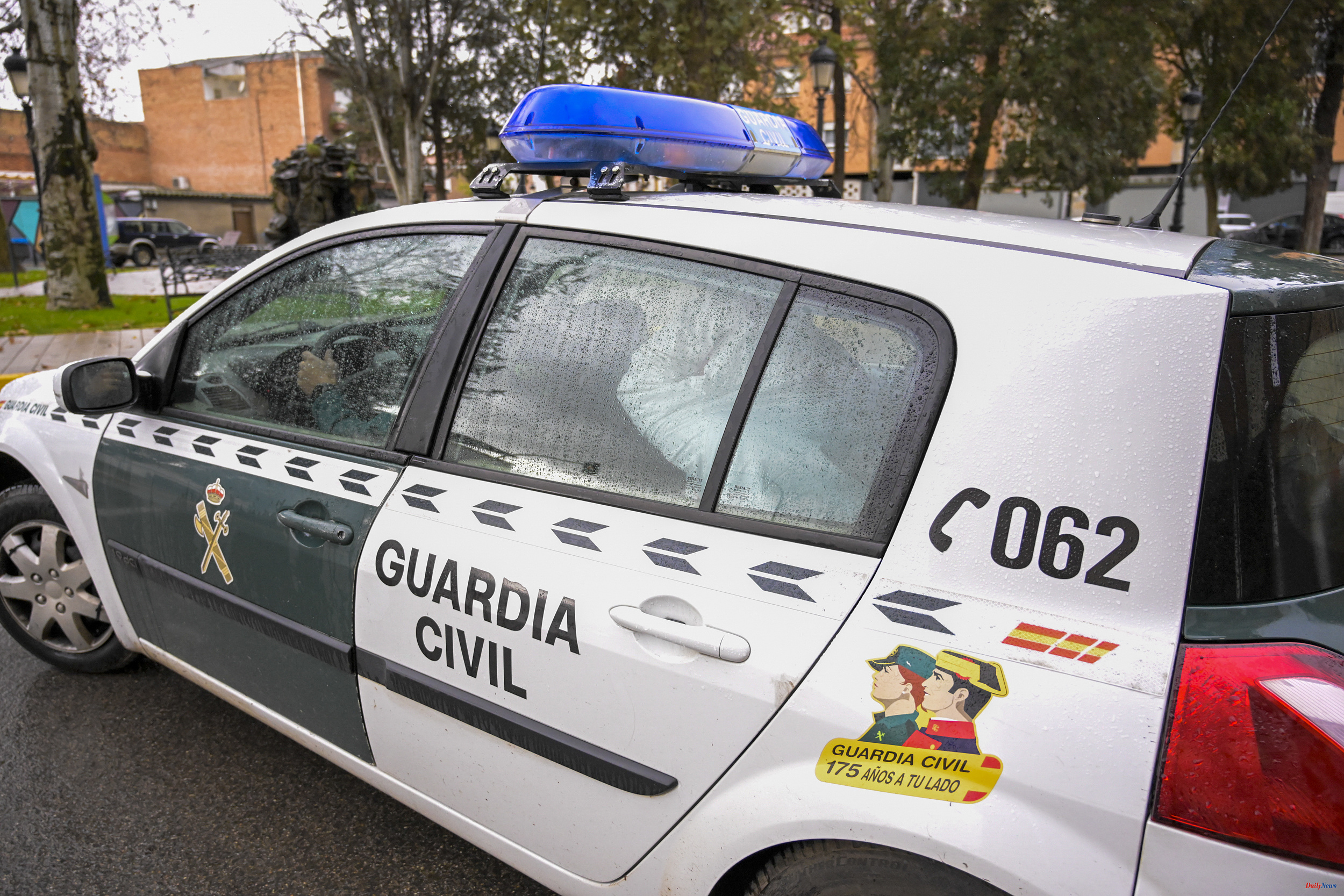The Civil Guard of the Region of Murcia has carried out operation 'Jacke', an investigation initiated to clarify alleged sexual assaults on a minor, which has resulted in the identification, location and arrest of its alleged perpetrator, for various crimes of sexual assault in the Vega Mediadel Segura region.
Members of the Benemérita, specialized in the Judicial Police, opened the operation last February when the parent of a minor under 12 years of age reported to the Civil Guard that her daughter had had sexual relations with a male, of legal age, whom she had known through social networks.
The first steps of the operation allowed the investigators to verify that the now detainee, allegedly, gained the trust of the minor through a social network and managed to get her to stay with him in a park in the municipality where they both reside, according to sources. of the Benemérita in a statement.
In that first meeting, the suspect convinced the minor to accompany him to his home where a first sexual assault took place. These events were repeated up to four more times, under threats and coercion to prevent the minor from telling what happened.
Specialists in the Judicial Police of the Civil Guard carried out a series of investigations that allowed the identification of the individual, who was behind an anonymous profile on a popular social network and who, in addition, appeared before the minor with a fictitious name.
The 'Jacke' operation has culminated in the location of the suspect, a 21-year-old young man, who has been arrested as the alleged perpetrator of a continued crime of sexual assault on a minor.
The detainee and the proceedings have been made available to an Investigating Court in Murcia.
In this sense, the Civil Guard has published a series of recommendations for proper management of social networks that, among other things, warn that contacting strangers can be dangerous because "you don't know who you are talking to".
"If you discover a compromising photo of yourself in another person's profile, contact the website administrator if you consider that the content is inappropriate," according to the Armed Institute, which recalls that the photo "is an element of personal information and it's up to you to decide how it should be used."
In addition, it has warned that creating a profile with the identity of another person "may have legal consequences" and has indicated that "it is not a good idea to post photos of a sexual nature because you never know where they may end up", since "the photo can stay online forever.
"You cannot publish someone's photo without their permission," says the Benemérita, who remembers that, if you have permission to publish photos, "do not include other personal information such as name, address or telephone number," among other things. In addition, she urges to report in case of being harassed.
In social networks, it is advisable to limit the access of the information that is shared to known people (friends). "The wider the circle of contacts (friends of my friends and all users), the greater the risks you expose yourself to," the Armed Institute has qualified.
"Do not post private photographs that you would not like to be disseminated," says the Civil Guard, who recalls that, once on the network, they cannot be removed.
In the same way, he advises being prudent when subscribing to groups or events because "we do not know who we are allowing to see our data."
Finally, he recommends enabling secure browsing (https) to make it difficult to steal passwords and listen in on communications.
According to the criteria of The Trust Project












